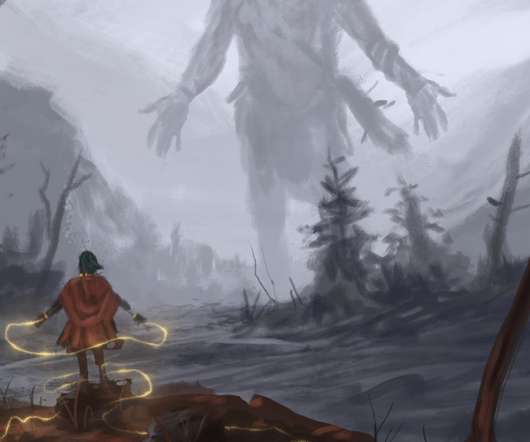When Education Giants Stumbled and Data Ruled
Edsurge
DECEMBER 31, 2019
Computers were still housed in labs or on carts, but one-to-one computing and internet accessibility were hot topics. When it comes to devices, many kids today have access to iPads or Chromebooks. The largest companies in 2010 were the textbook providers. The big players at the time were the large textbook publishers.
















Let's personalize your content